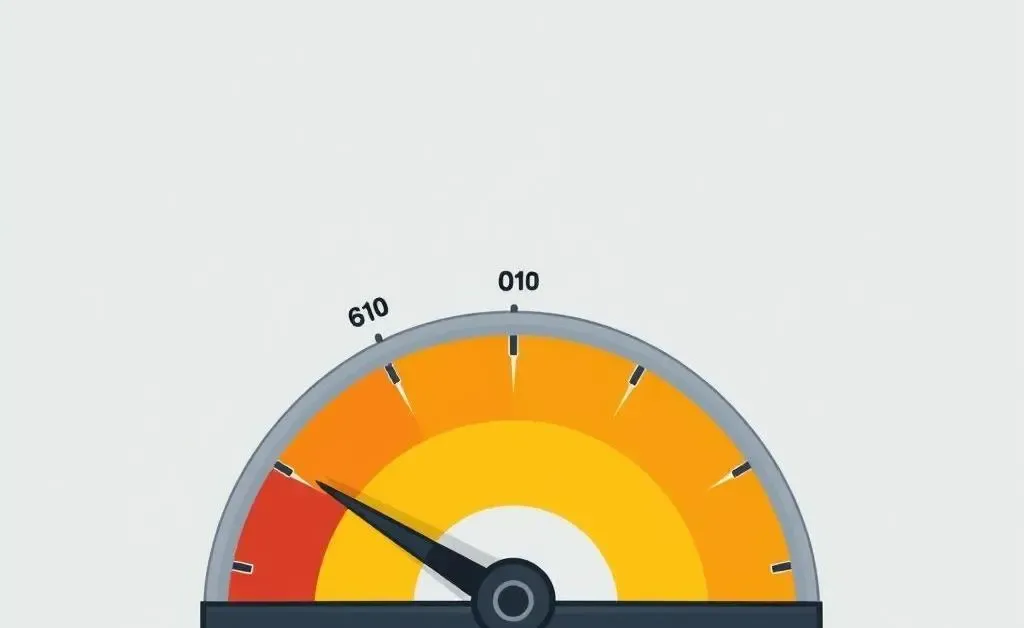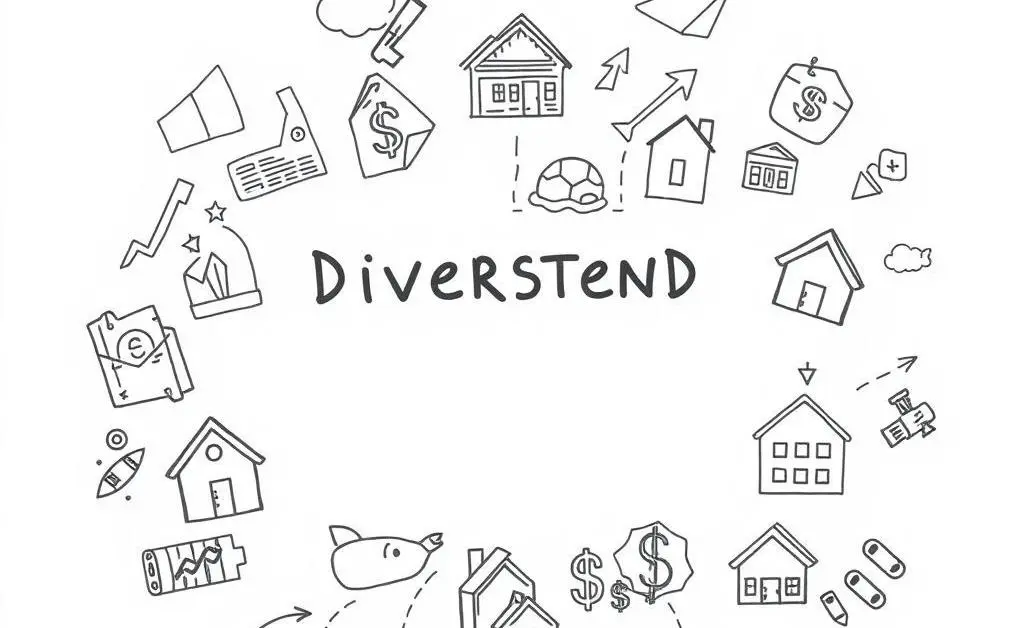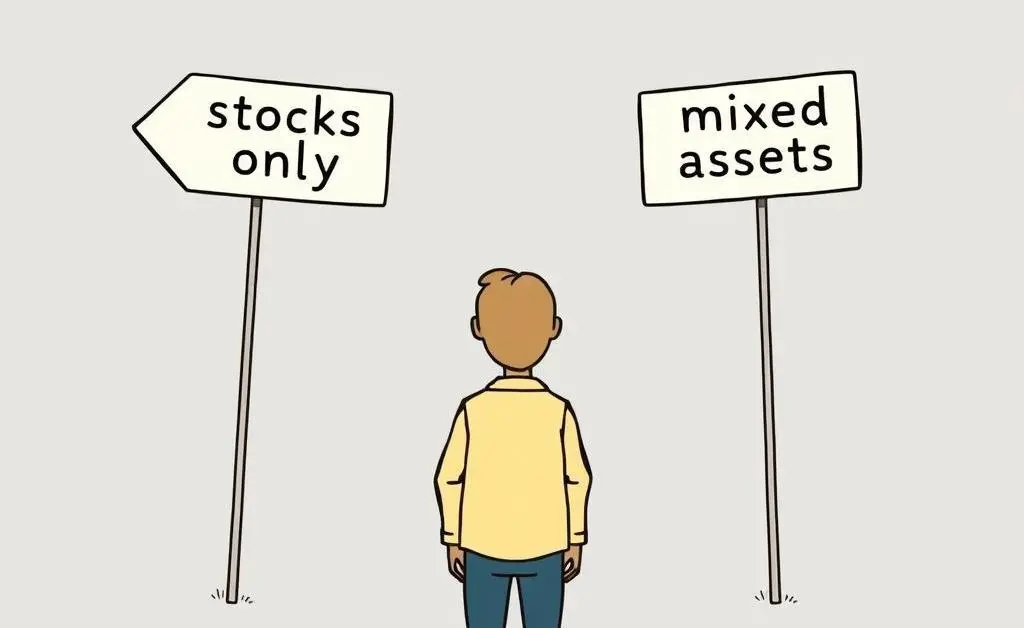Is Running a Zero-Bond Portfolio a Wise Choice for You?
Dive into the pros and cons of a zero-bond investment strategy.

Hey there! I've recently stumbled upon a heated debate among investors, and it got me really thinking about a decision many of us face: Is running a zero-bond portfolio a good idea? This all boils down to questions about risk tolerance, financial goals, and how we react to market changes. Let's break this down so you can decide if it's the right move for you!
What is a Zero-Bond Portfolio?
A zero-bond portfolio is simply an investment strategy where you exclude bonds entirely and focus primarily on stocks. Why? Because people are often drawn to the allure of higher returns that stocks potentially offer.

Understanding Your Risk Tolerance
Your risk tolerance is key here. Stocks are known to be volatile. If you're someone who caves under pressure when markets dip, a zero-bond route might not save your nerves. Consider this: when the market goes through downturns, can you endure the anxiety without the stabilizing influence of bonds?
The Pros of Going All-In with Stocks
- Potential for Higher Returns: Historical data shows stocks generally outperform bonds over the long term.
- Simplicity: Managing a fewer number of asset classes might be easier for those who don't want to deal with multiple investment types.
- Growth-Oriented: If you're young with plenty of time before retirement, stocks can be more attractive for building wealth.

But Don't Dismiss Bonds Just Yet...
- Risk Mitigation: Bonds typically provide a buffer against stock market volatility, acting as your financial safety net.
- Income Stability: Bonds can offer a regular income, which might be particularly beneficial during retirement.
- Less Stress: Knowing a part of your portfolio is insulated from stock swings can help you sleep better at night.
Finding the Right Balance
At the end of the day, consider your broader financial goals. Investing isn't one-size-fits-all. Perhaps a diversified portfolio that includes both stocks and bonds makes sense for you. Or maybe you're ready to embrace the rollercoaster of being all-in with stocks. If you're still on the fence, it might be helpful to consult with a financial advisor.

Conclusion
Whatever path you choose, remain informed and be honest with what you want from your investments. Have you considered a zero-bond approach, or do you swear by diversification?




